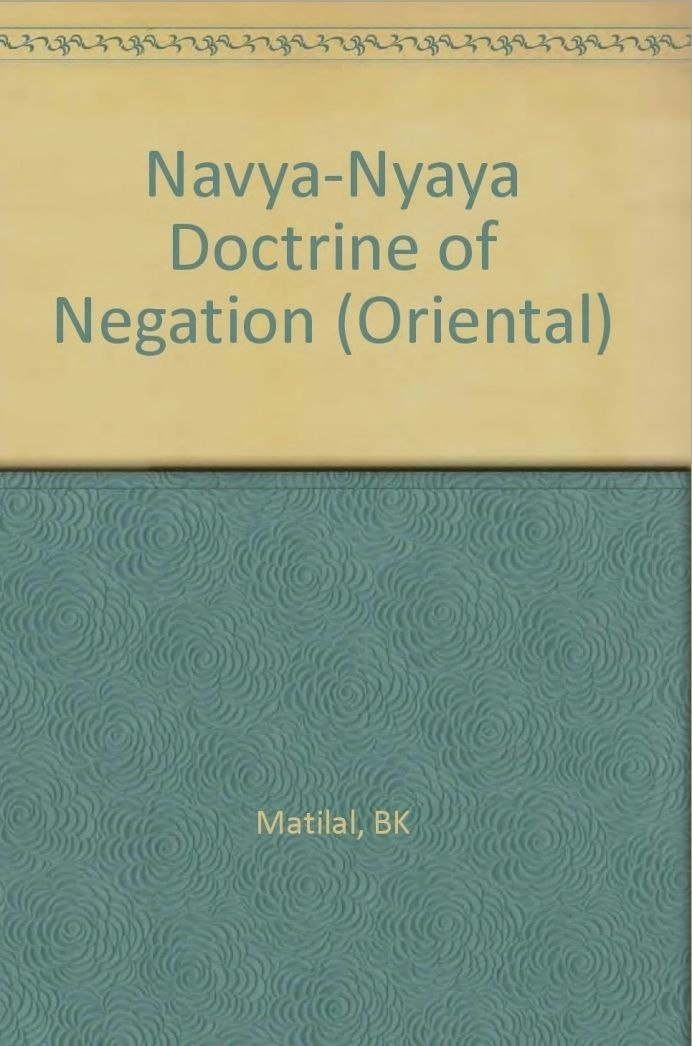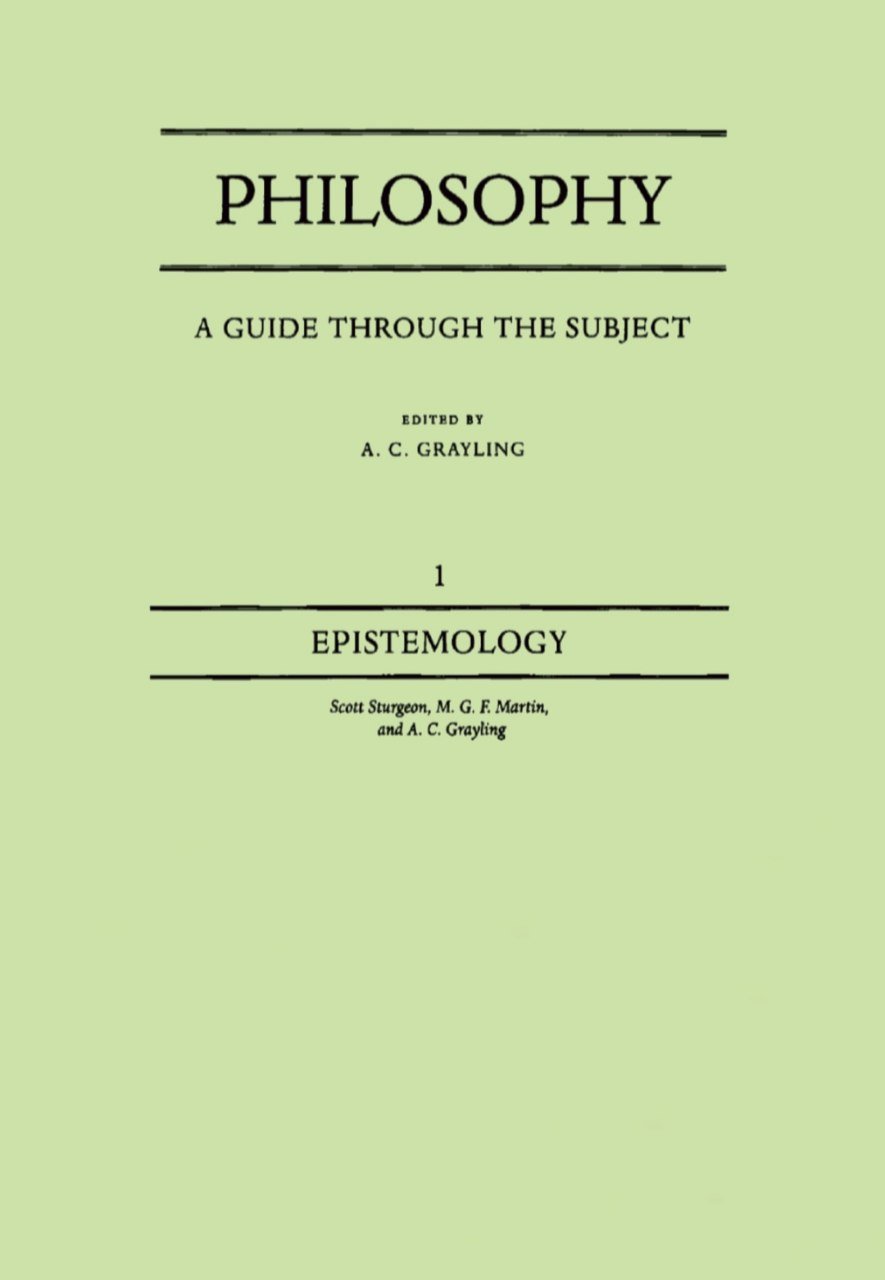

The Navya-Nyāya Doctrine of Negation
Reviews
No review yet. Be the first to review this book!
Description
The Navya-Nyāya Doctrine of Negation: With Gaṅgeśa’s Abhāvavāda and Raghunātha’s Nañvāda is a scholarly exploration of the sophisticated logical and epistemological theories of negation (abhāva) in the Navya-Nyāya school of Indian philosophy. Navya-Nyāya, a later development of the classical Nyāya school, is known for its rigorous analytical methods and formalized approach to reasoning. This book focuses specifically on the theories of two major Navya-Nyāya philosophers—Gaṅgeśa Upādhyāya and Raghunātha Śiromaṇi—who made significant contributions to the understanding of negation and absence in Indian logic. Gaṅgeśa’s Abhāvavāda (doctrine of absence) presents a detailed framework for categorizing different types of negation, such as prior absence (prāgabhāva), destructional absence (dhvaṃsābhāva), absolute absence (atyantābhāva), and mutual absence (anyonyābhāva). His analysis focuses on how negation is perceived, conceptualized, and validated within the Navya-Nyāya epistemological system. Raghunātha’s Nañvāda, on the other hand, revises and refines Gaṅgeśa’s theories, questioning certain aspects of classical Nyāya negation and proposing new perspectives on how negation functions in logical discourse. His contributions are particularly significant in expanding the formal structures of negation, influencing later developments in Indian logic and linguistic analysis. This book provides an in-depth examination of these two philosophical positions, offering a comparative analysis of their arguments, methodologies, and implications for broader philosophical debates in Indian and Western logical traditions. It is an essential resource for scholars of Indian philosophy, logic, and epistemology, as well as those interested in the history of analytic thought.



























.jpg)



.jpg)
.jpg)





.jpeg)










.jpg)





.jpg)




.jpeg)
.png)

.jpeg)




.jpg)








.jpg)
.jpg)





.jpeg)






.jpeg)















































